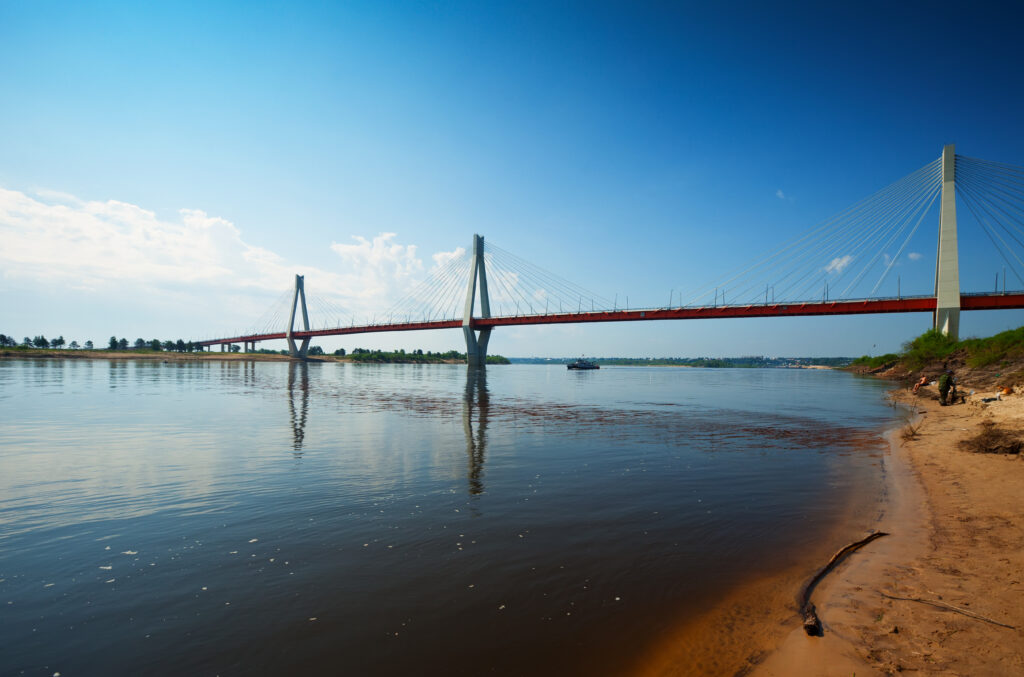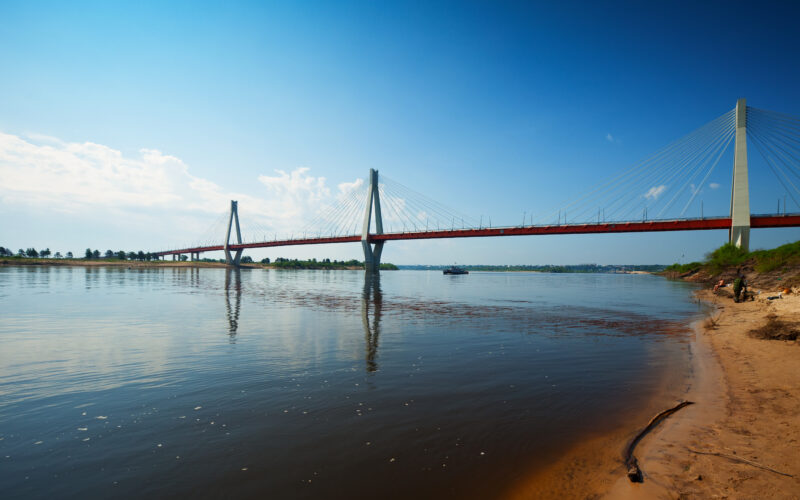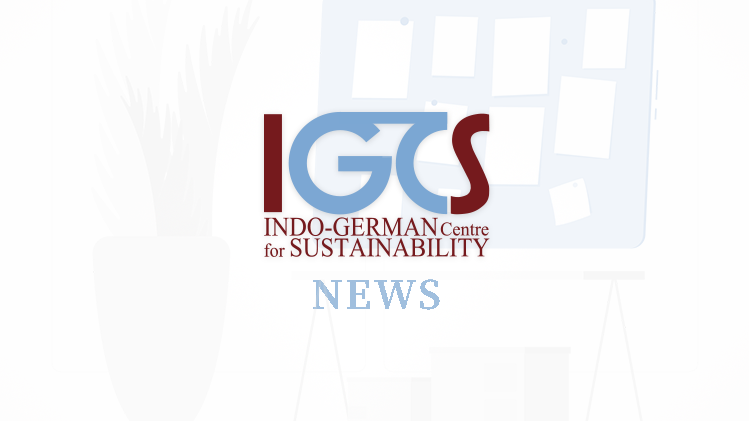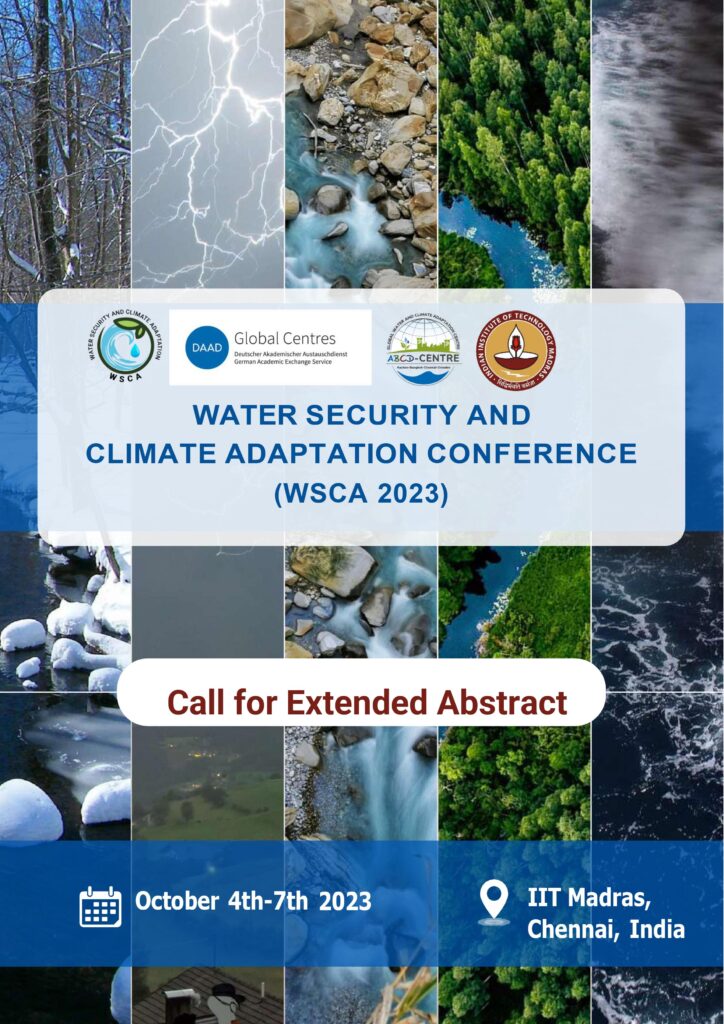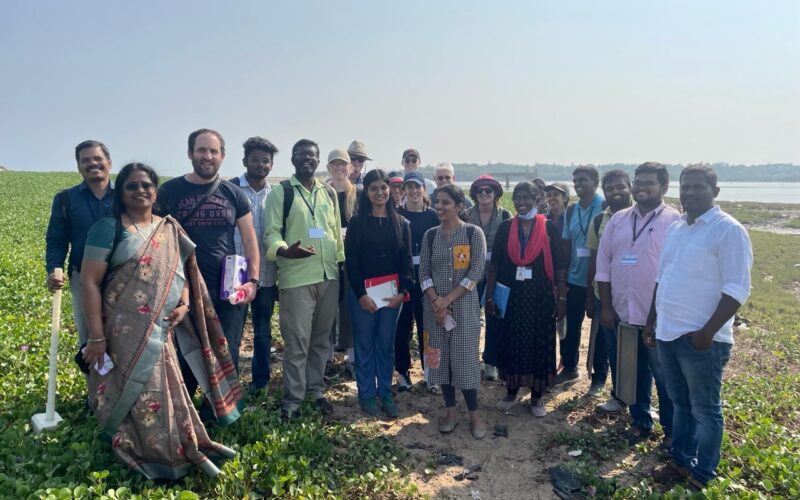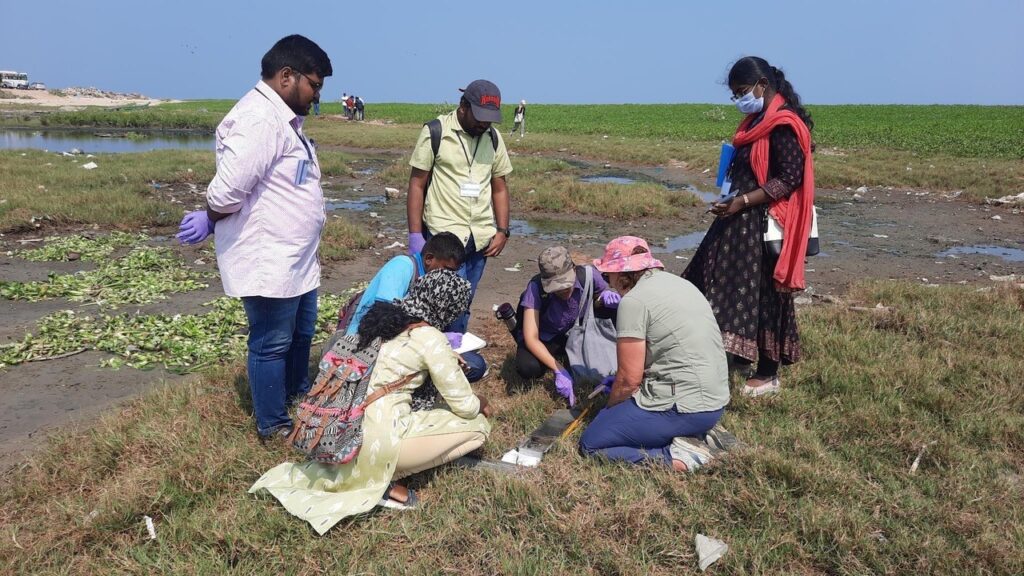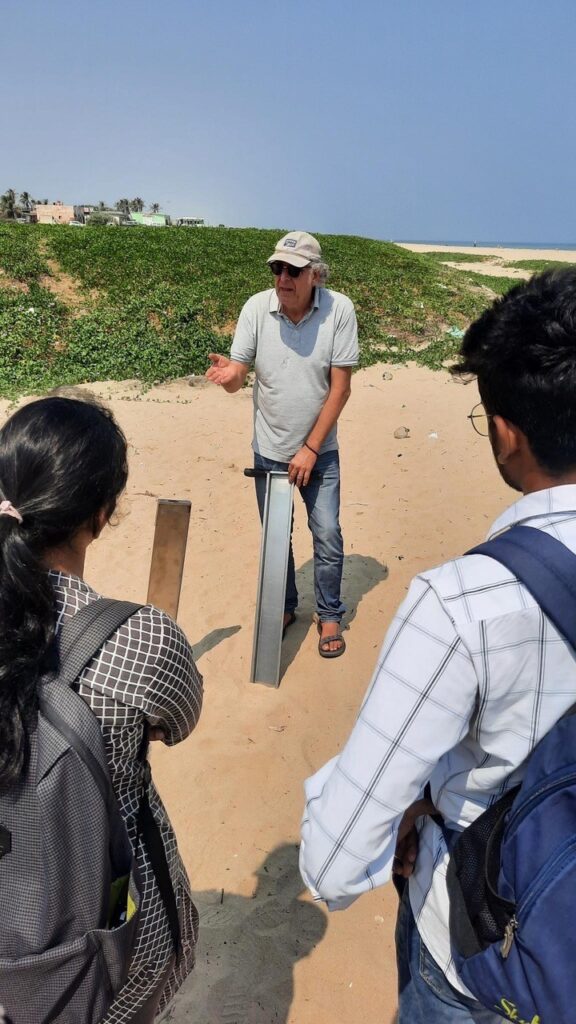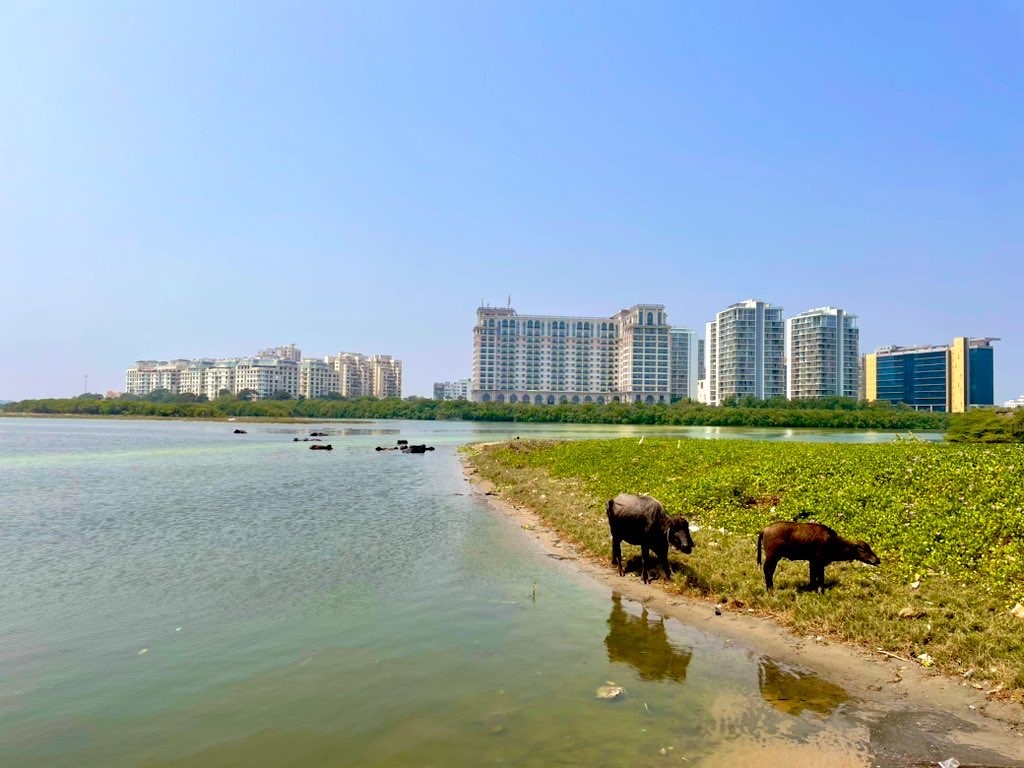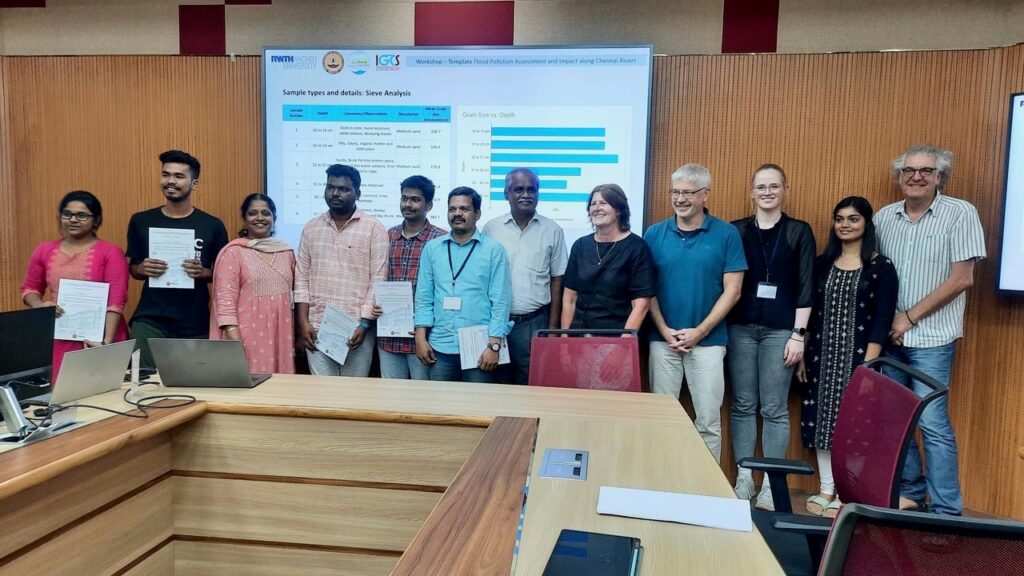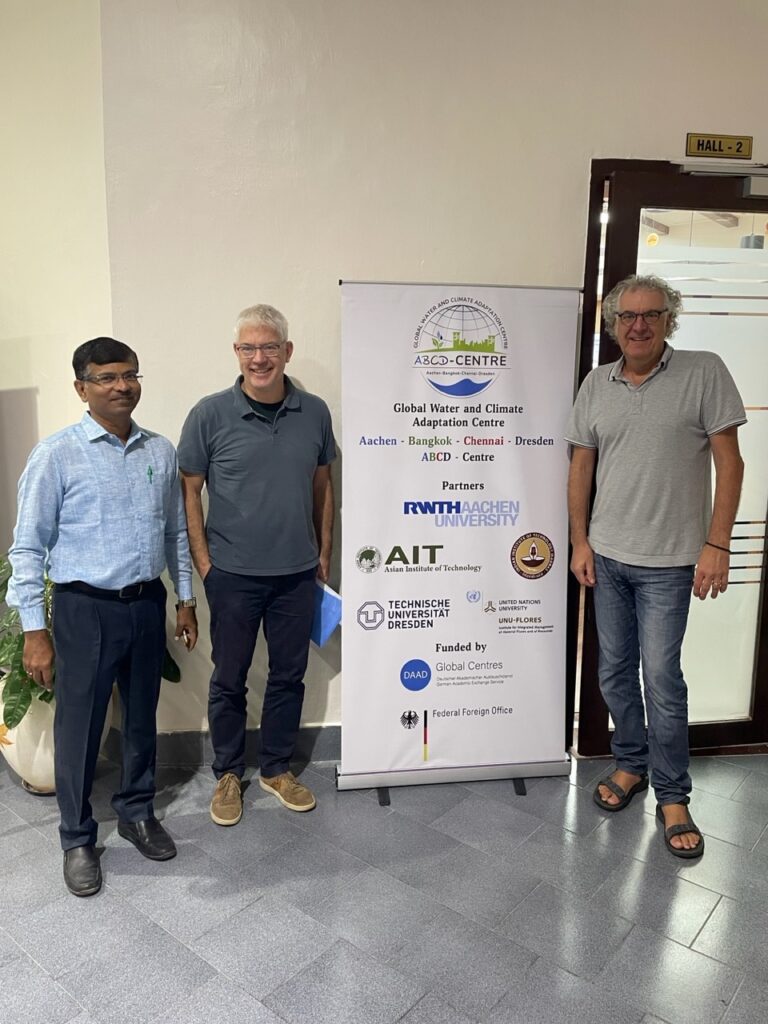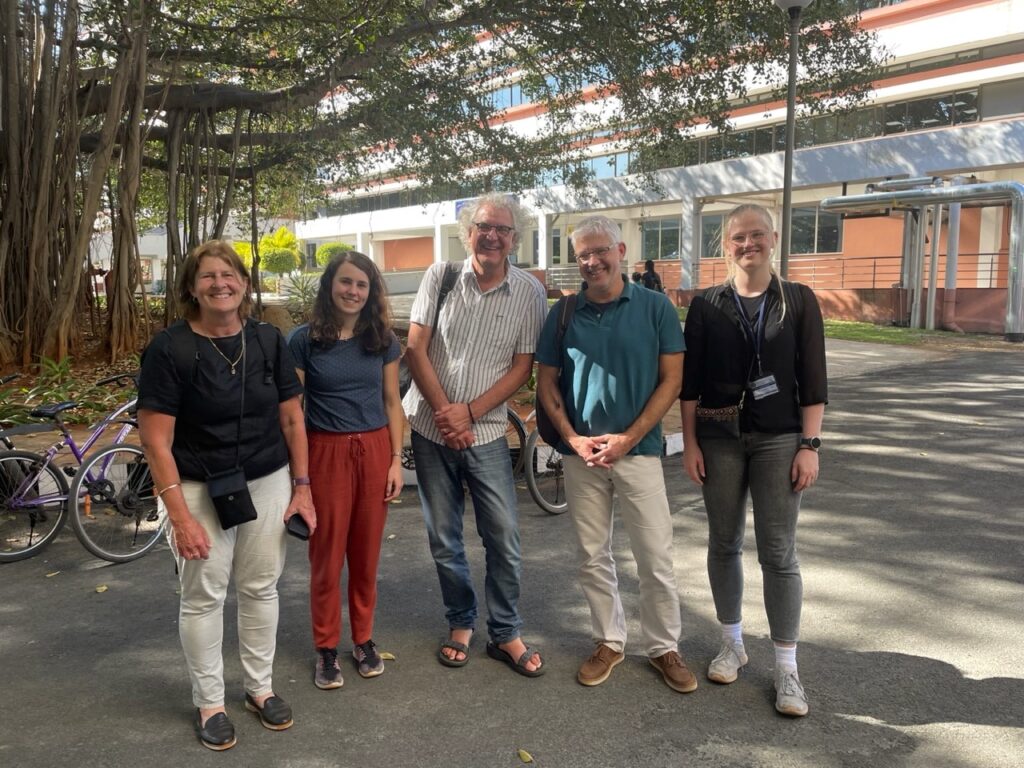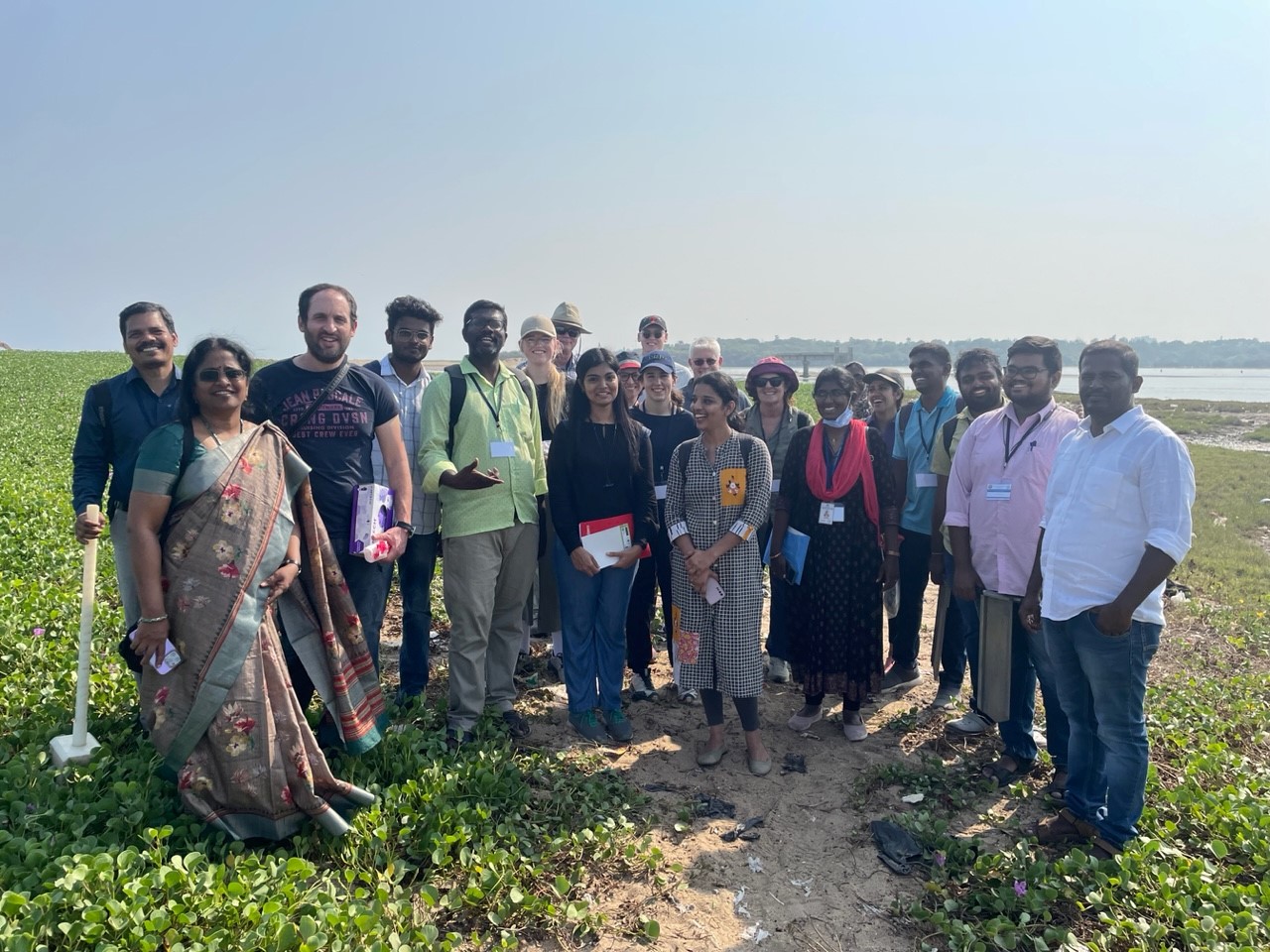The team consisting of IGCS Area Coordinator for the Focus Area Water Management, Prof. Dr. Nicola Fohrer, IGCS Alumni Dr. Nariman Mahmoodi and Dr. Chaogui Lei, and PD Dr. Paul D. Wagner from the Department of Hydrological and Water Resource Management at Kiel University, along with former IGCS Area Coordinator Prof. Dr. Balaji Narasimhan from the Department of Civil Engineering at IIT Madras, published a paper in Wiley‘s Hydrological Process, Volume 38, Issue 2, Feburary 2024. The team’s research is on the topic of “Enhancing hydrologic modelling through the representation of traditional rainwater harvesting systems: A case study of water tanks in South India.” (Read Here)
The study delves into the intricate dynamics of water management in South India, where strong wet and dry seasons prompted the development of water storage structures and diversions such as traditional water tanks alongside large dams. Despite their crucial role in irrigation, groundwater recharge, flood control, sediment reduction, and overall hydrological processes, these smaller water tanks have been overlooked in catchment modelling studies due to limited spatial information. Precise knowledge of such tanks and their spatial distribution can be recognized through remote sensing techniques. The team addresses the data scarcity, by using satellite imagery to quantify the hydrological properties of these water tanks. Leveraging the Soil and Water Assessment Tool (SWAT+) model, the research aims to enhance the representation of hydrological processes by integrating detailed information on water harvesting systems. By evaluating the impact of incorporating water tanks into the model, the study seeks to advance our understanding of hydrological processes in the region and improve streamflow simulations for informed water resource management.
